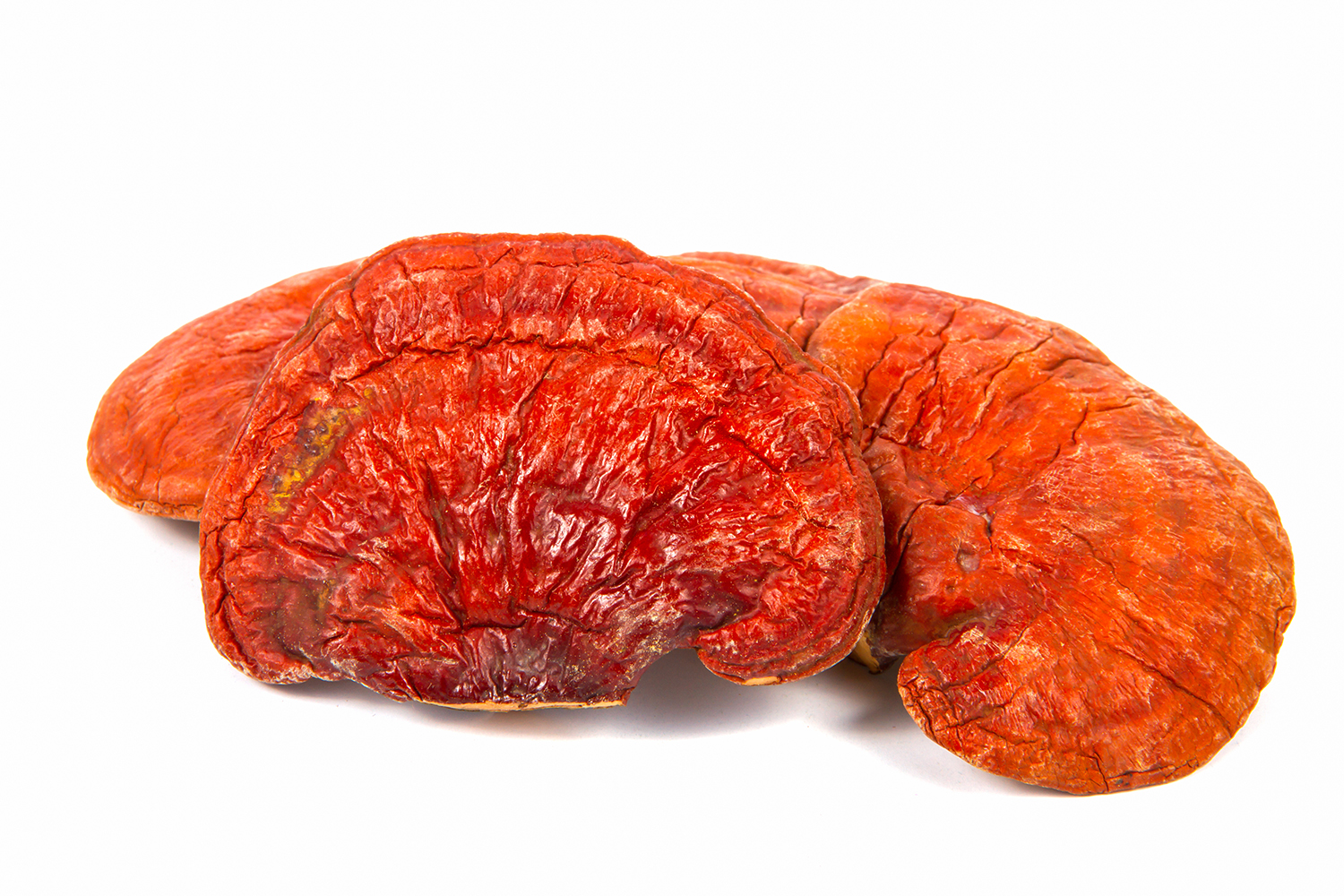Coenzyme Q10, also known as CoQ10 (pronounced ko-cue-10), is a natural antioxidant in our cells that is well known for its heart and vascular benefits.
It is a type of antioxidant responsible in the conversion of carbohydrates and fats to a form of cellular energy called adenosine triphosphate (ATP), the form of energy on which the body runs.
CoQ10 balances how oxygen is used, and its role is very important in the body and for the heart.
Health Benefits of CoQ10
The health benefits of CoQ10 include…
- Heart and vascular health benefits ¹
- Extends life expectancy
- Support conditions such as high blood pressure, congestive heart failure, type 2 diabetes, migraine headaches and high cholesterol ²
- Membrane antioxidant
- Assisting in the treatment of cancer or the protection of organs from toxic chemotherapy drugs
- Treats gum disease
- Slowing down dementia progression
- Increasing sperm count and motility ³
- Protecting your eyes from macular degeneration
- Helps fight infection and pain for those who have immune deficiency conditions.
 Physical health depends massively on a functional cell integrity, CoQ10 represents an efficient way to optimize cellular output by kick starting cellular function. As we age, the smaller the body produces CoQ10, therefore, the capability of our body to convert vitamins and minerals from food into energy may decrease.
Physical health depends massively on a functional cell integrity, CoQ10 represents an efficient way to optimize cellular output by kick starting cellular function. As we age, the smaller the body produces CoQ10, therefore, the capability of our body to convert vitamins and minerals from food into energy may decrease.
CoQ10 as a supplement is related mostly with heart health. Because the heart is one of the body’s more active organs, it needs big amount of energy to function. CoQ10 allows for production of that energy. Its ability to control oxidation of cholesterol and boost your immune system contributes to a healthy cardiovascular system. Our body should produce enough CoQ10 if we’re in good health, to attain this – exercise regularly, adapt a healthy diet and take the proper supplements.
Natural Sources of CoQ10
Food sources of CoQ10 are almonds, ocean salmon, sardines, spinach and in select meat such as chicken, pork and beef. In order to receive a good amount of CoQ10 in meat the best way served is either braised or baked which retains most of its nutrients.
The absorbed amount of CoQ10 may very from person to person. Another way for CoQ10 source is through supplement intake at physician recommend dosage , but do keep in mind that the amount of absorbed CoQ10 can vary person to person.
References
1 http://umm.edu/health/medical/altmed/supplement/coenzyme-q10
3 http://www.everydayhealth.com/diet-nutrition/coq10-miracle-vitamin-or-waste-of-money.aspx.
Blasi, M.A., Bovina, C., Carella, G., et al, “Does coenzyme Q10 play a role in opposing oxidative stress in patients with age-related macular degeneration?
http://blog.luckyvitamin.com/announcements-news/coq10-may-help-reversing-neurodegenerative-disease/










